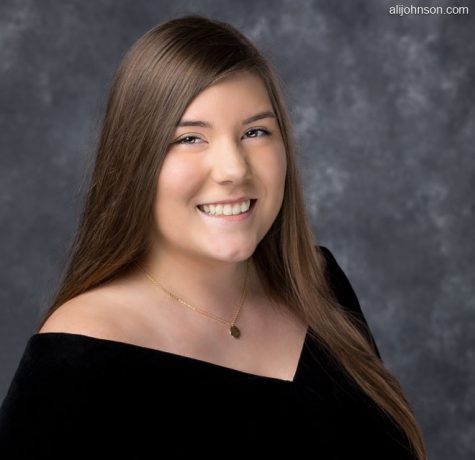
Syerra is a senior and this is her third year in Journalism. She is the editor of The Fluco Beat and a member of the BETA Club. She likes to read and...
April 13, 2018
If you’ve ever walked in from the parking lot and thought you heard the squawking of a rooster, you’re not wrong. That is indeed a chicken coop nestled up to the FCHS greenhouse. Agriculture teacher and Future Farmers of America (FFA) Club sponsor Russell Jennings uses the chickens as a learning opportunity for his students.
The club first got the chickens and a small coop in the spring of 2017 to get experience with raising chickens and to learn about food production. Since then, said FFA member Newlin Humphrey, “several FFA members worked diligently on building a larger coop to house more chickens.” There are plans to further enlarge the coup to house even more chickens and give them plenty of space to grow.
They currently have eight grown chickens (including two roosters) and eight baby chicks. The chickens lay about five eggs per week and Jennings uses them for FFA events. “They are fertilized eggs (which you can eat if you want). So if we wanted to make new chickens, we could put them in the incubator, although not all would develop into baby chicks. The hatch rate is about 50%,” said FFA member Ally Moneymaker.
“If you ever want to get any kind of farm animal, always start with chickens because they are the easiest to take care of,” Moneymaker added. Students feed the FFA chickens crumbled chicken feed with whole corn every two days. Their nesting boxes and food trays must be cleaned once a week.
But it’s not all work and no fun, according to Moneymaker. “We had some chickens where we made a harness for them out of paracord and we actually walked them in the hallway. [The chicken] actually enjoyed it,” she said.
During school days, FFA members and students in agricultural classes care for the chickens. During breaks or when school is closed for inclement weather, Jennings takes care of them. Heat lamps are used to keep the chickens warm during the winter. In the summer, the chickens are either processed, or go home with an FFA member as part of their Supervised Agricultural Experience (SAE).
FFA members are all required to do a SAE, and caring for chickens and learning about poultry management is a common way for them to fulfill the requirements. Several members live at Lake Monticello where livestock is not allowed, making it difficult to complete their SAE, so being able to work with the chickens here is beneficial. In addition to permitting members to fulfill their SAE, “having these chapter chickens allow the students to become immersed in poultry science and get a truly hands-on experience,” said Humphrey.
If you are interested in learning about poultry management and food production, join FFA or enroll in one of the various agricultural classes offered at FCHS. They offer valuable agricultural knowledge and experience that you may not have the opportunity to gain before college.
To learn more about hatching chickens check out this article: https://theflucobeat.com/showcase/2018/04/13/conners-ap-worthy-chicks/

Syerra is a senior and this is her third year in Journalism. She is the editor of The Fluco Beat and a member of the BETA Club. She likes to read and...